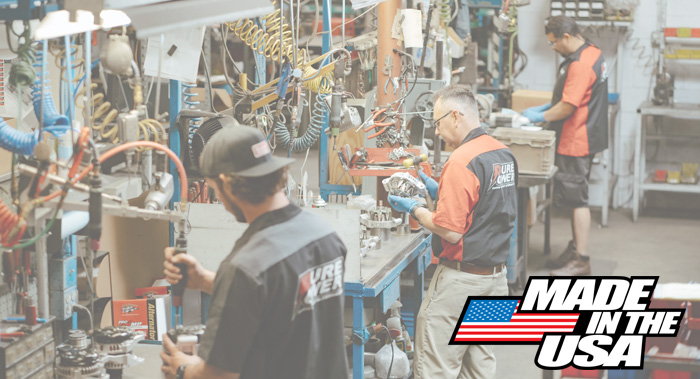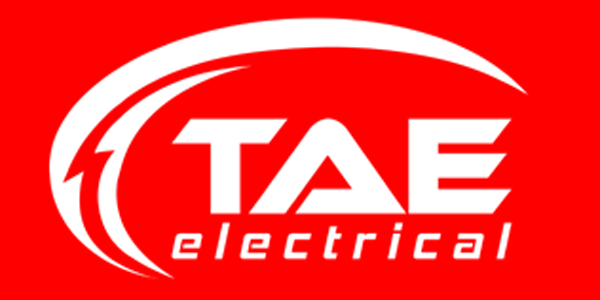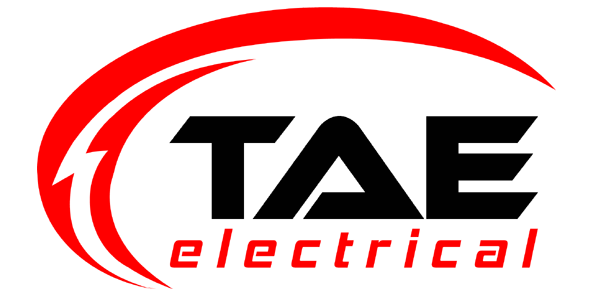Blog
Pure Power Alternators: The Best Choice for Car Audio Sound Systems
Powering Your Performance with Pure Power Alternators and Tucson Alternator Exchange
What is the Difference Between Normal and High Output Alternators?
The Importance of Regular Alternator Maintenance
Benefits of Upgrading to a High Output Alternator for Your Car
Alternator vs Battery: What's the Difference?
Common Alternator Problems and How to Fix Them
5 Signs Your Car Might Need an Alternator Repair
What Does an Alternator Do in a Car?
How Does a High Output Alternator Affect Your Car?
Myths About High Output Alternators That Everyone Should Know
Mistakes to Avoid When Buying a Car Alternator
Where Can You Buy The Best Car Alternators In Phoenix?
How Can you Replace your Car Alternator?
How To Test Your Car Alternator
How Do You Know If You Need a New Alternator?
How Do Car Alternators Work?
Tips to Help You Choose a Quality Alternator
Everything You Need to Know about High Output Alternators
The Complete Buying Guide for Alternators
Signs of a Bad Alternator
Why Do You Need a High Output Alternator?
Who Needs High Output Alternators?
What Are Performance Alternators?
Benefits of Having High Output Alternators

NEED HELP? CALL US 1-520-622-7395
M-F 8-5 / SAT. 9-2
FAST SHIPPING
Orders placed by 2pm EAST will be processed same day
TAE/CAE 2025








